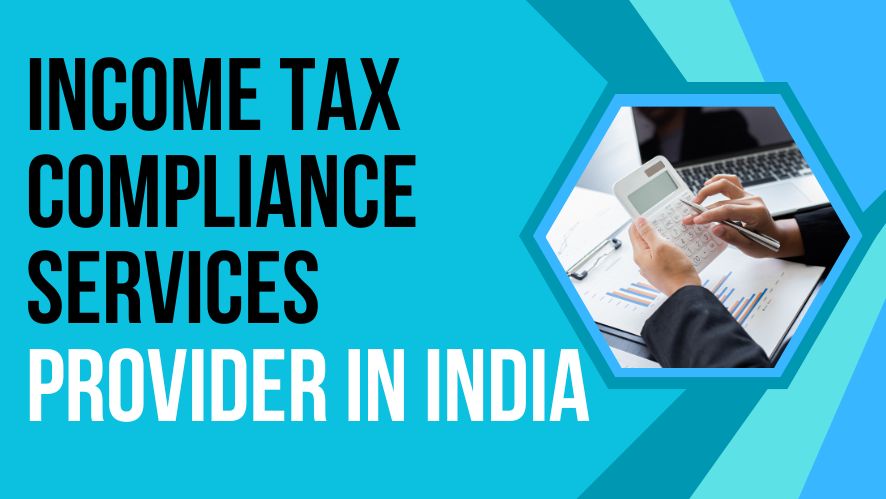Decoding the Maze of Input Tax Credit
The world of GST in India isn’t just about numbers and laws; it’s a dynamic puzzle where businesses constantly adapt to new rules. At the heart of this puzzle lies the concept of Input Tax Credit (ITC) – a tool that lets businesses balance their books by claiming back the tax paid on business inputs. But as with any complex system, there are grey areas that often lead to debates and legal tussles.
The Calcutta High Court Weighs In
Enter the case of Suncraft Energy Pvt. Ltd., a storyline that would intrigue any tax enthusiast. The plot thickens when the Calcutta High Court delivers a landmark judgment, addressing a critical issue: Can the tax department deny ITC to a buyer just because the seller hasn’t paid their taxes? The court’s answer was a resounding “No,” especially in scenarios where the seller is nowhere to be found or it’s impossible to collect the tax from them.
The Supreme Court Echoes Fair Play
The drama peaks as the case ascends to the Supreme Court. In a move that resonated with taxpayers across India, the Supreme Court dismissed the department’s Special Leave Petition (SLP) against the High Court’s decision. It’s like the final scene of a thriller where the good guys win; the Court essentially upholds the rights of the honest taxpayers.
A Sign of Relief for the Righteous Taxpayer
This decision was more than just a legal ruling; it was a beacon of hope for taxpayers. It sent out a clear message – doing business the right way pays off. The Supreme Court’s stance was a victory for justice, ensuring that law-abiding businesses wouldn’t be unfairly punished for others’ missteps.
In Conclusion: A Fairer Tax System Emerges
So, what does this mean for the average business? It’s a signal that the tax system is evolving, becoming more equitable and just. The Supreme Court’s decision in the Suncraft Energy case is a landmark in our journey towards a transparent tax system, reassuring businesses that the law is on their side when they play by the rules.






